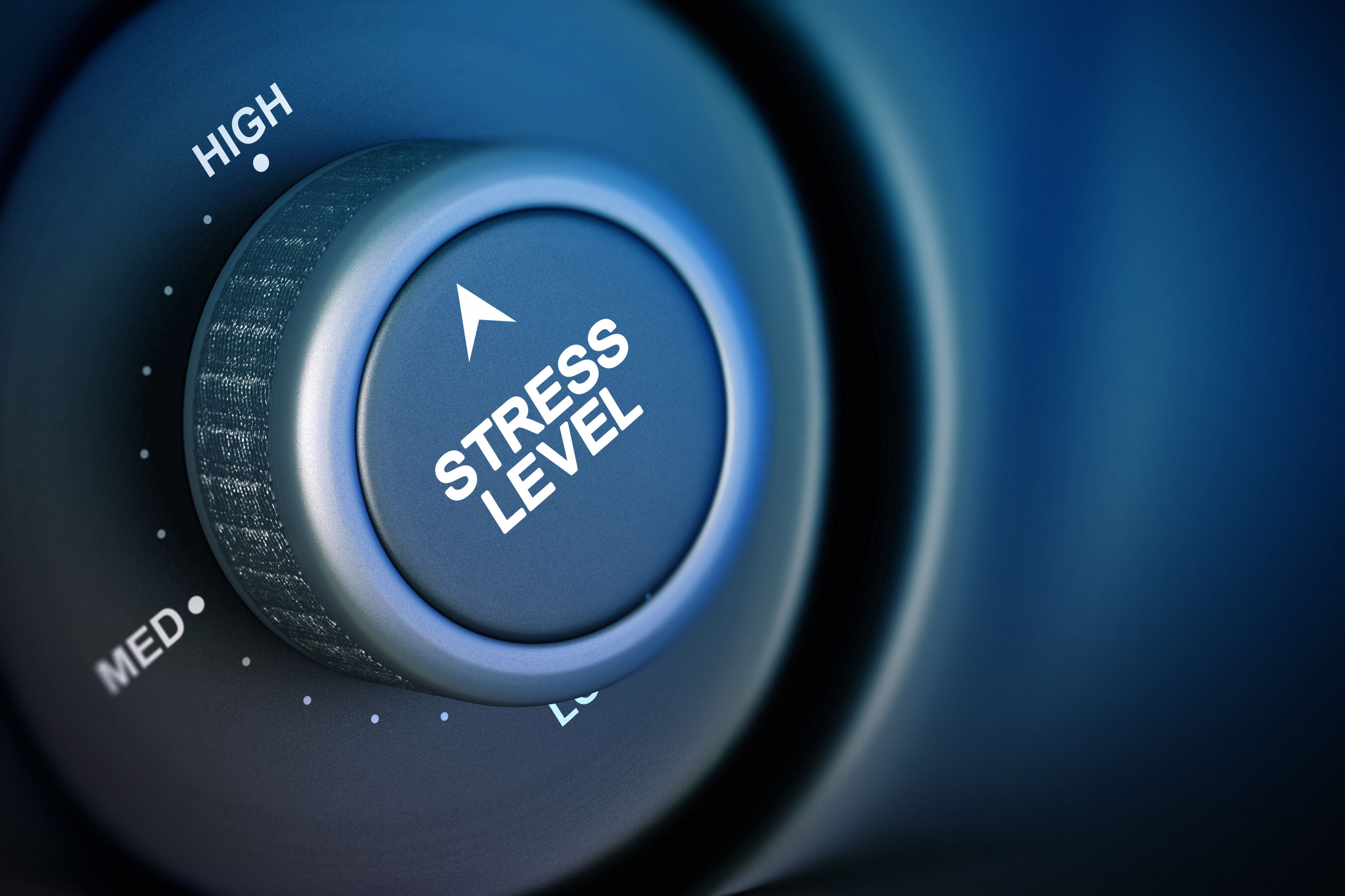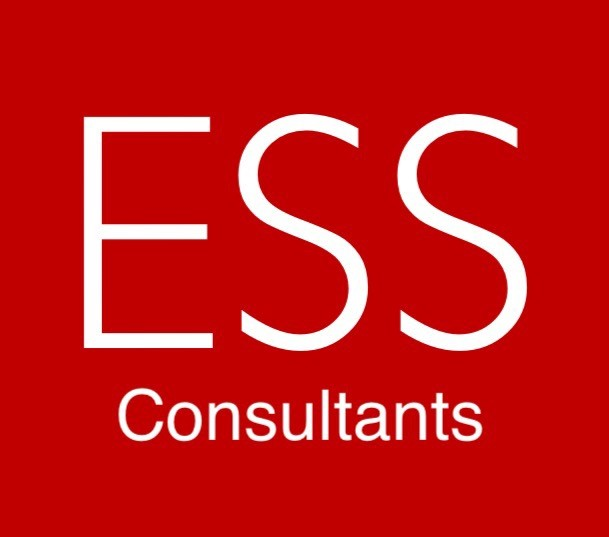Stress in the Workplace
Article: health and safety

The UK Health and Safety Executive (HSE) definition of work-related stress is:
‘The adverse reaction people have to excessive pressures or other types of demand placed on them at work’.
People can become stressed when they feel they don’t have the resources they need (whether physical, financial or emotional) to cope with these demands.

Over 11 million days are lost at work a year because of stress at work. Employers have a legal duty to protect employees from stress at work by doing a risk assessment and acting on it.
Work related stress is most commonly associated with the effects of unreasonable pressures of work.
Whilst this is most often seen as workload related, the HSE has identified six other factors that can cause stress, these include
Demands – an employee feels unable to cope with the demands of the job
Control – an employee feels unable to control the way they carry out their work.
Support – employees don’t receive enough information and support.
Relationships – employees have trouble with relationships at work, or are being bullied.
Role – employees don’t fully understand their roles and responsibilities.
Change – employees are not fully engaged when the business is undergoing change.
Signs of stress
Excessive pressure or stress can cause changes in behaviour or performance. The kinds of change that may occur include:
- Work performance: declining/inconsistent performance, uncharacteristic errors, loss of motivation/commitment, lapses in memory.
- Conflict and emotional signs: crying, arguments, unusual sensitivity, irritability / moodiness, over-reaction.
- Aggressive behaviour: criticism of others; bullying or harassment; temper outbursts.
- Physical signs: nervous stumbling speech; sweating; tiredness/lethargy – trouble sleeping; tension headaches; rapid weight gain.
The stress risk assessment process
The principle of stress risk assessment follows the model for any other occupational risk assessment:
- Identify the hazards (the things causing stress).
- Identify the people that might be harmed and how this could occur (who is likely to be affected by stress and as a result of what work activity?)
- Evaluate the risk – to enable a ‘reasonably practicable’ response to dealing with it (how significant is the problem when weighed against the cost and practicality of implementing a solution?)
- Record the results – so that employees can subsequently refer to the risk assessment findings.
- Monitor and review the risk assessment regularly – particularly during periods of change and uncertainty, e.g. in response to the Covid-19 pandemic.

What you can do if you experience stress
In the first instance, speak to your employer if you think you are suffering from work-related stress.
However, if the stress you experience arises directly from the relationship with your line manager, then you may wish to approach someone else within the organisation to seek a resolution.
This could mean talking to your trade union representative, employee representative or your HR department.
It is important to talk to someone you trust and with whom you can be open and honest about what you think is causing you to feel stressed or anxious.

You can also:
- Accept any opportunities for counselling, when recommended.
- Cooperate and be meaningfully involved in the stress risk assessment process.
- Look out for signs and symptoms of distress in yourself and others.
- Be supportive of colleagues who are showing signs of stress.
- Identify those things which you do not have control over and do the best you can with the resources available to you.
- Increase your sense of control by developing a consistent daily routine when possible.
- Practise self-care through diet, exercise, sleep and managing your thinking.
- Report any cases of bullying or harassment.
- Maintain a good work/life balance.
Work Related Stress
Work-related stress is a symptom of an organisational problem, and as such stress should be treated like any other workplace hazard. Work-related stress hazards include:
- Poor physical or environmental conditions, e.g. noise, heat, lighting or cleanliness.
- Excessive workloads.
- Irregular working patterns.
- Changes in working times or unsocial hours.
- Task-related factors – these being physically or mentally beyond the individual’s capacity, repetitive or boring, etc.
- Interpersonal factors – poor quality day-to-day interaction with people, abuse and harassment.
- Role ambiguity – no clear idea of what is expected.
- Role conflict – opposing demands are made.
- Little or no recognition is given for work done.
- Perceived personal threat – to personal safety or fear of redundancy or dismissal.
- Lone working.
- Major changes occurring within the organisation.
- Pressure from time constraints or deadlines, etc.

Did you know?
Fact 1: According to the HSE, 822,000 workers suffered with work-related stress, depression or anxiety (new or long-standing) in 2020/21.
- Fact 2: The aforementioned conditions accounted for 50% of all work-related ill health cases.
- Fact 3: The estimated cost to the UK Government of mental health issues is between £24 and £27 billion – taking into account financial support for those with poor mental health, tax revenue losses and costs to the NHS.

Do you know
- Where to obtain information and guidance on managing stress?
- How you and your employer can work together to manage stress in the workplace?
Talk to your manager, health and safety representative or HR Department if the answer is NO to either of these questions.

Prevention
Carry out a stress risk assessment, and then allocate resources to reduce or eliminate the sources of stress.
Give people adequate training and sup- port to enable them to do their jobs well.
Increase support for staff during periods of change and uncertainty.

Feel free to visit or subscribe to our news posts and updates
www.ess-consultants.info
info@ess-consultants.co.uk
0843 289 1097



